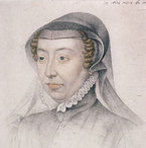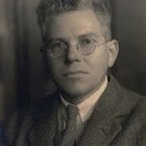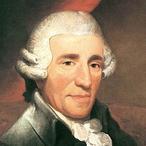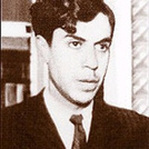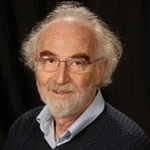|
Oper Frankfurt more than justified it's Opera Company of the Year Award for 2013 with a spellbinding production of Strauss' Daphne. Oper Frankfurt's production of Strauss' sublime Opera, Daphne, was set amid the faded grandeur of a palatial semi-ruin. Grass growing on the steps and in the doorways, floors were warped and discoloured, windows blurred with decades of grime. The story of Daphne’s loss of innocence was being told, not through the eyes of the protagonist, but through those of the protagonists’ older self, who wandered from room to dilapidated room, remembering the events of more than half a century before. It ended, as it began, with the figure of the older Daphne alone on stage, this time tremulously climbing the stairs to leave the house, pausing to look back one last time. It was a truly affecting image, and one which, defined, I think, this interpretation of both Strauss’ music, and the myth itself. This interpretation dealt with the eternally problematic question arising from trying to stage this opera: how to portray Daphne’s metamorphosis into a laurel tree. As with Niobe’s transformation into a statue, this is a most difficult process to represent effectively on stage. It was a stroke of genius on the part of Oper Frankfurt’s to dispense with this altogether, instead giving us the transformation of young Daphne into old Daphne, thus bringing the audience out of the dream-like reverie of Strauss’ music, and into the present, and left to wonder just what effect the experience had on Daphne, and with what emotion she moves forward into the later stages of her life.
Maria Bengtsson’s Daphne was incredibly moving, generous in sound without resorting to hardness at the extremes of the range, and still possessing the youthfulness of tone which characterises the role. Her acting was of the same quality as her singing: easy, never forced, and beautifully crafted. For me the most beautiful scene is that between Daphne and her mother, Gaea. In this scene, Strauss created the lowest lying contralto role in the operatic repertoire, frequently below the stave, reaching Eb3 at its nadir. Tanja Ariane Baumgartner brought both empathy and dignity to the role: her beautiful, warm, and mesmerising tone captivating the audience from her very first phrase. The two tenor roles were taken by Daniel Behle (Leukippos) and Peter Marsh (Apollo). Behle’s Leukippos was something of a revelation. His ardent portrayal was both arresting and poignant, with remarkable security throughout the range. His powerful dramatic tenor sound filled the auditorium without ever hardening or becoming strident. Marsh navigated Apollo’s punishing tessitura heroically, never faltering or straining. Both tenors were convincing actors, fully in character and engagingly natural in both phrasing and gesture. Mention must also be made of Michael Porter’s beautiful lyric tenor voice in the supporting role of 2nd Shepherd, and the wonderful acting of Corinna Schnabel in the silent role of Old Daphne.
0 Comments
Your comment will be posted after it is approved.
Leave a Reply. |
Categories
All
Archives
September 2014
|
MOST VIEWED POSTS
© James Edward Hughes 2013
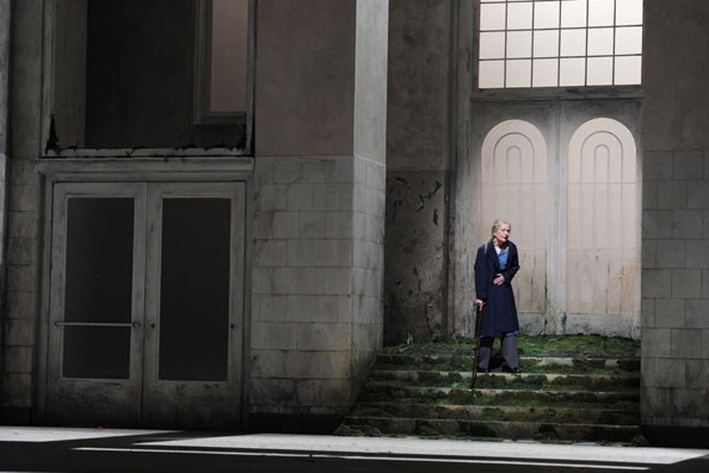
 RSS Feed
RSS Feed
